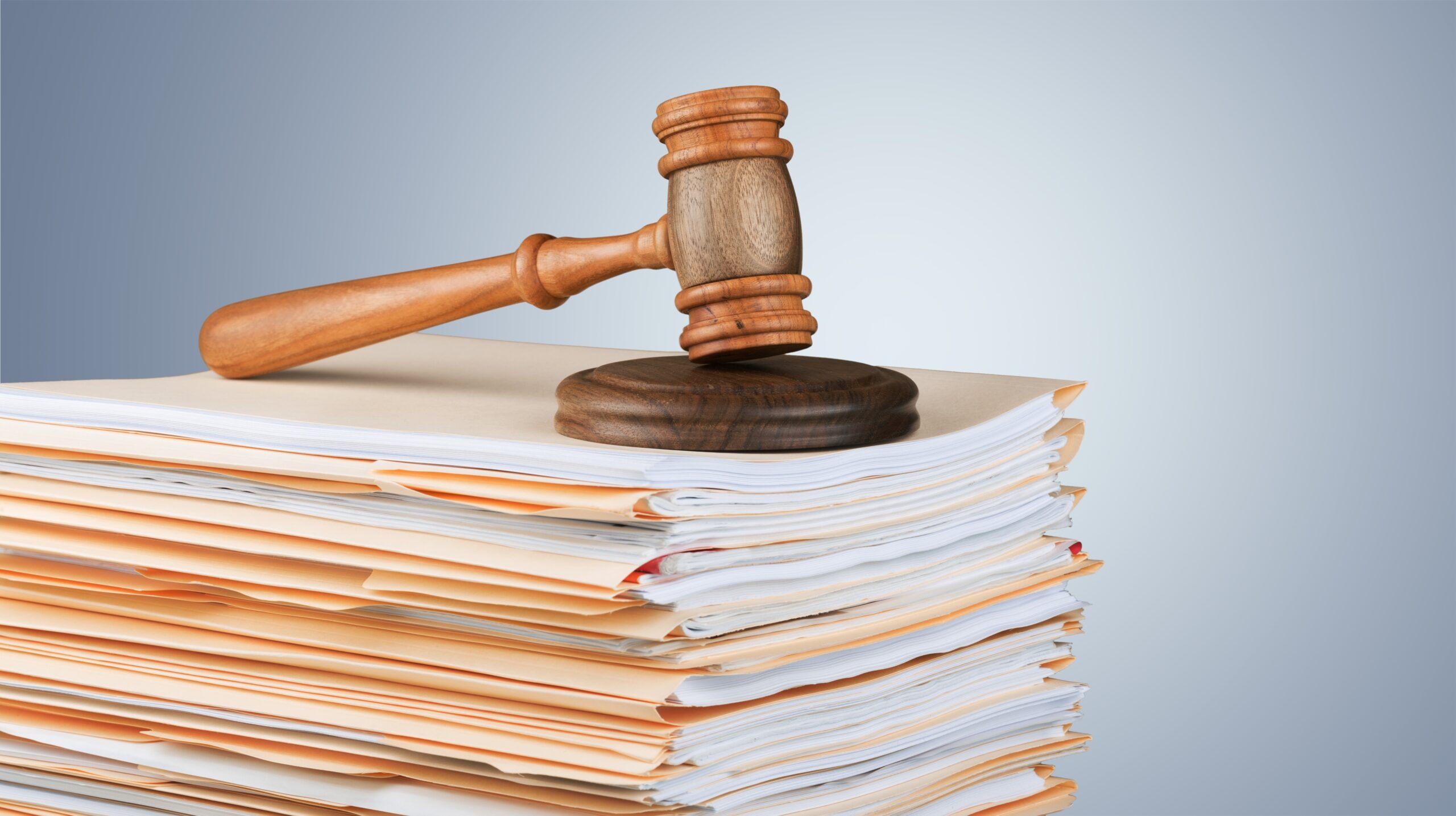The annulment of res judicata is continuously under discussion and, when it comes to a specific law, as is the case of the one that governs the Small-Claims Courts, the issue becomes even more thorny.
Relief from judgment is an important mechanism for correcting past defects in unappealable judgment, which is capital for the maintenance and reliability of the parties in the legal system. When observing the provisions that regulate its admissibility (Article 966 et seq. of the Code of Civil Procedure), we understand, with the exception of Article 966, VII, that they cover events in which the res judicata could not even have been raised, such is the injustice of the decision.
STF (Federal Supreme Court) had already been advancing in the authorization for striking down res judicata riddled with serious improprieties, making the list provided for in CPC/73 more flexible. In 2016, with the trial of ADI (Direct Unconstitutionality Action) No. 2418, it ruled for the possibility of striking down the so-called “unconstitutional res judicata,” a rule that was provided for in CPC/15, which came into force in the same year.
But few debates on res judicata were as heated as the possibility of its flexibility within the scope of the Small-Claims Courts, since Law 9099/95 does not address a similar provision; on the contrary, its Article 95 prohibits the filing of a relief from judgement against decisions rendered under its procedure. STJ (Superior Court of Justice) had already ruled that it is up to the Courts of Appeals to exercise control over the jurisdiction of the Small-Claims Courts, but there was action revolving around the subject before STF, which reached its outcome in November 2023, with the rendering of a decision in Extraordinary Appeal No. 586068, with general repercussion under Theme 100.
The decision reversed the appellate decision of the 2nd Appellate Panel of Paraná, reestablishing the decision of the Trial Court of the Federal Small-Claims Court regarding the merits of the challenge of the satisfaction of judgment rendered by INSS (National Social Security Institute). In the Supreme Court, there was majority grant, following the understanding of the opinion of Justice Gilmar Mendes, defeating those of the reporting Justice Rosa Weber, Carmen Lúcia, and Edson Fachin.
The Extraordinary Appeal was incorporated into the general repercussion in 2008, with CPC/73 still in force, however, the rule questioned, Sole Paragraph of Article 741 of CPC/73, finds identical provision in the current CPC (Code of Civil Procedure), in Paragraph 5 of Article 535. In addition, STF carried out a temporal adaptation of the effects of the decision, allowing the annulment of the res judicata within the scope of the small-claims courts provided that the unappealable decision of the cognizance phase is after August 27, 2001.
Unanimously, the following theses were established: “1) it is possible to apply Article 741, Sole paragraph, of CPC/73, current Article 535, Paragraph 5, of CPC/2015, to the facts subjected to summary proceeding, provided that the unappealable decision of the cognizance phase occurs after August 27, 2001; 2) it is admissible to raise as a basis for the unenforceability the fact that it involves a judicially enforceable title based on ‘application or interpretation considered as inconsistent with the Constitution’ when there is a jurisdictional ruling, contrary to what was decided by the Full Federal Supreme Court, either in the diffuse control or in the concentrated control of constitutionality; 3) Article 59 of Law 9099/1995 does not prevent the striking down of the res judicata when the judicially enforceable title is supported in contradiction to the interpretation or meaning of the rule established by the Supreme Court, before or after the unappealable decision, admitting, respectively, the management (i) of the challenge of satisfaction of judgment or (ii) of a simple petition, to be presented within a period equivalent to that of the relief from judgement.”
It can be seen from the final lines of the decision that STF sought to preserve the simplified proceeding of small-claims courts, stating that: “(i) if the understanding of STF is prior to the end of the process in court, the person may move for the judge to prevent compliance with the unconstitutional decision (by challenge of satisfaction of judgment); and (ii) if the understanding of STF is rendered after the end of the process in court, the person may move for the judge to review the final decision (by simple petition), provided that within the same period of the relief from judgement (two years).”
With the binding force of this decision (Article 927, IV of CPC), the solution might be applied in about 2,522 cases suspended throughout the country.
The main data regarding the general repercussion can be found on the website of the Federal Supreme Court, at < https://www.stf.jus.br/arquivo/cms/noticiaNoticiaStf/anexo/RE586068informac807a771oa768sociedadecoisajulgadanosjuizadosespeciaisvF.pdf >.
Avaliable at: https://www.migalhas.com.br/depeso/403176/apos-15-anos-stf-decide-pela-possibilidade-de-desconstituicao
Autor: Manuelle Senra Colla • email: manuelle.colla@ernestoborges.com.br


